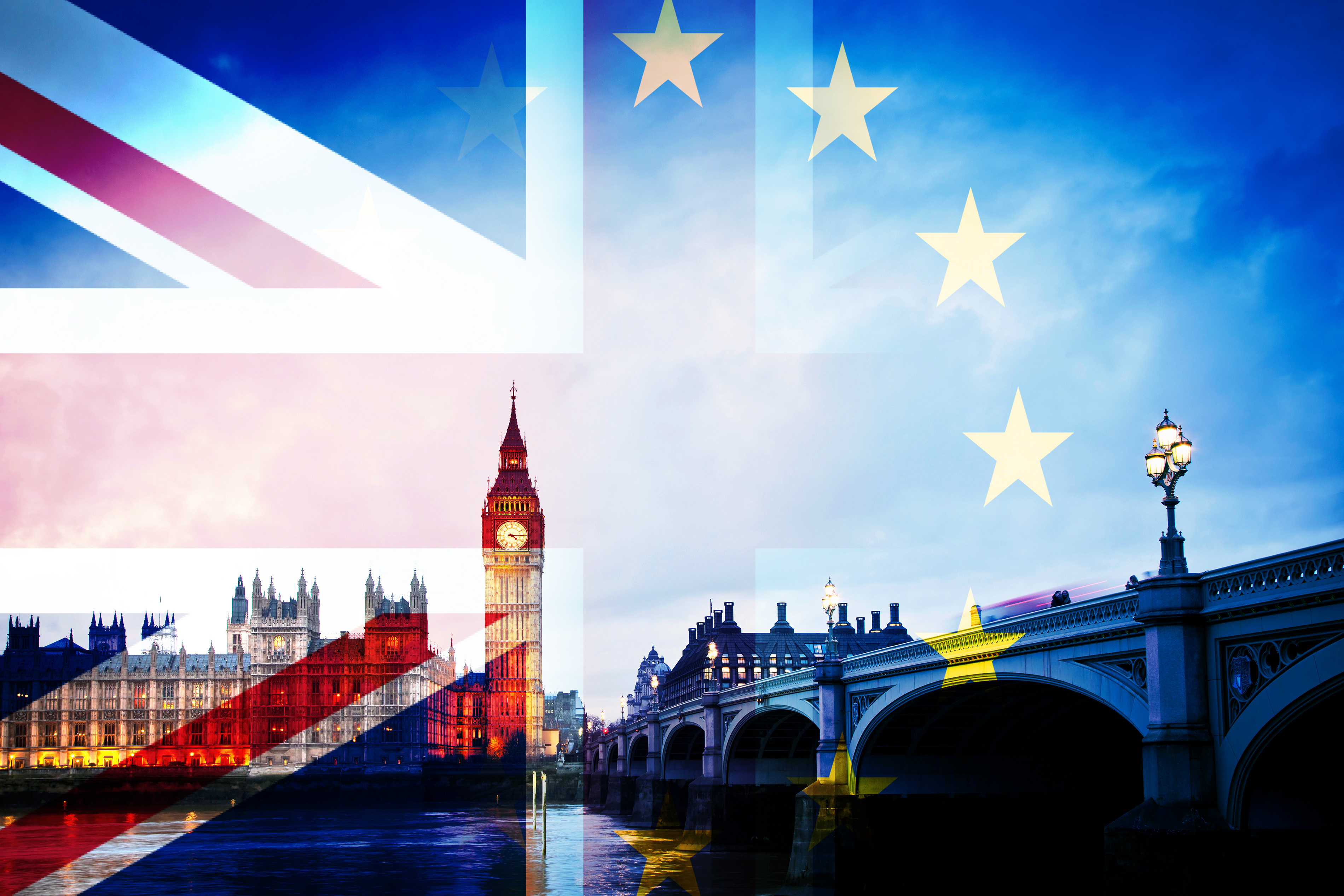
A draft of the deal for the UK’s withdrawal from the EU on 29 March 2019 has dominated the headlines over the last week, but what does it mean for the UK’s international traders?
Of course, the deal will have to face various hurdles before taking effect, including the critical vote in the House of Commons. With the deal drawing criticism from many quarters in parliament, including MPs both in favour and against the idea of the UK leaving the EU at all, it remains extremely uncertain as to whether the government will win a parliamentary vote on it. What happens if the deal is rejected by parliament remains the question on everyone’s lips, but it would certainly increase the likelihood of a no-deal scenario, as well as the prospect of a general election or a second referendum.
Hypothetically, should the deal pass, there would actually be no immediate change for the UK’s exporters or importers to worry about. From 29 March 2019 to 31 December 2020, the UK would be in a transition or implementation period during which EU laws would continue to apply. Throughout this period, the UK and the EU would negotiate its long-term relationship – it is at this stage that the long-term trading conditions between the UK and EU would be established.
Upcoming political declaration may indicate more about the future trade the EU and UK
A draft political declaration regarding the long-term relationship is due to be released this week. This will give an indication of the nature of how trade will be conducted between the EU and the UK beyond the transition.
The aim is for goods to be traded between the UK and the EU without tariffs or quantitative restrictions, though whether checks will be required, and if these checks will be conducted at the UK border, remains uncertain. Much will depend on how well aligned the UK’s rules on goods will be with those of the EU, and the extent of this alignment could have further ramifications on the UK’s ability to sign trade deals with non-EU partners.
Regarding services, the aim is for the agreement to liberalise trade between the UK and EU and the thought is that the regulations of the country in which the service is provided will be the basis upon which the services exported or imported are regulated.
What does this withdrawal deal mean for trade?
The major development regarding trade from the draft withdrawal agreement was in relation to the much written about ‘backstop’ arrangement – the terms for trade between the UK and EU in the event of a deal for the long-term relationship not being agreed in the next part of the negotiations.
The backstop that has been agreed will keep the whole of the UK in a ‘single customs territory’, which according to many is the equivalent of the customs union that the UK and the rest of the EU are currently both in. This means no tariffs on trade between the UK and the EU, and this would prevent the UK from being able to set tariffs on trade from non-EU countries that are lower than the ones set by the EU. According to many critics, this would leave the UK a ‘vassal state’ – a country that has to trade by the rules set by the EU but without having any influence on them. For exporters and importers doing trade between the UK and the EU, this would mean the continuation of the regulations and tariffs that currently apply.
One of the areas of the withdrawal deal that would cause potential disruption for UK traders is in relation to immigration. EU citizens and families will be able to live and work in the UK up until the end of the transition period in December 2020, and those who take up residence before that date and then remain in residence for five years will be able to remain in the UK.
Beyond the transition period, the UK will have greater control on who will be able to move to the UK to live and work from the EU. It is believed that the UK will set a minimum salary requirement for people moving to the UK from this point on – thought to be around £30,000 with exceptions for critical sectors like health. Arrangements for temporary entry for business purposes and visa-free short-term visits are to be discussed in the next phase of the negotiations.
Further information about how the withdrawal deal could affect different regions and sectors can be found at: https://www.bbc.co.uk/news/uk-politics-46208764.
Preparation will be key
Should the deal be passed, we will give more in-depth advice and support for companies ahead throughout 2019 and 2020 through our site, webinar programme, training offering and technical helpline.
Until then, we recommend businesses to mitigate the risks of a no-deal Brexit and to have plans for the different potential outcomes of Brexit. We also advise companies to learn how customs procedures and declarations work in case checks on exports and imports between the UK and EU are introduced.
Please do have a look at our range of training courses available for UK businesses preparing for Brexit in 2019:
https://www.export.org.uk/events/event_list.asp?show=&group=&start=&view=&cid=16557

